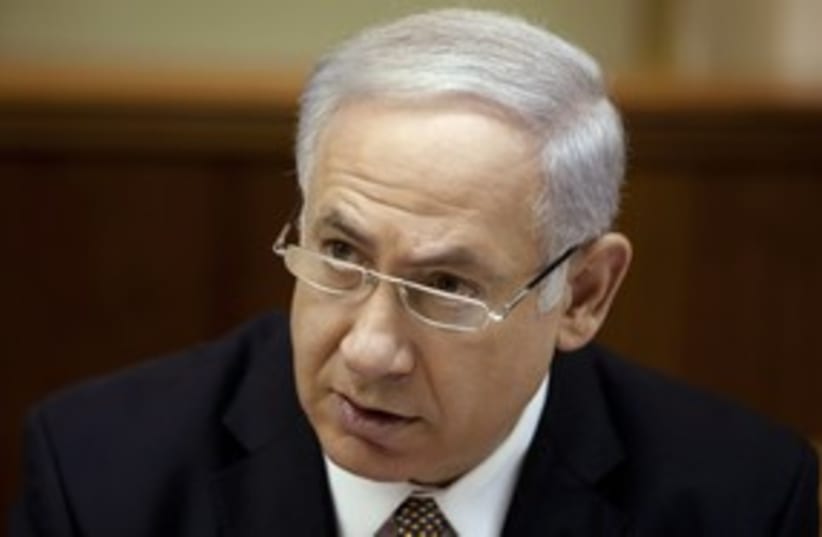The writer is professor of international relations at the Center for Global Affairs at NYU. He teaches international negotiation and Middle Eastern studies.
The blind leading the blind
Much of the American Jewish community today is merely echoing Netanyahu’s talking points.

The writer is professor of international relations at the Center for Global Affairs at NYU. He teaches international negotiation and Middle Eastern studies.